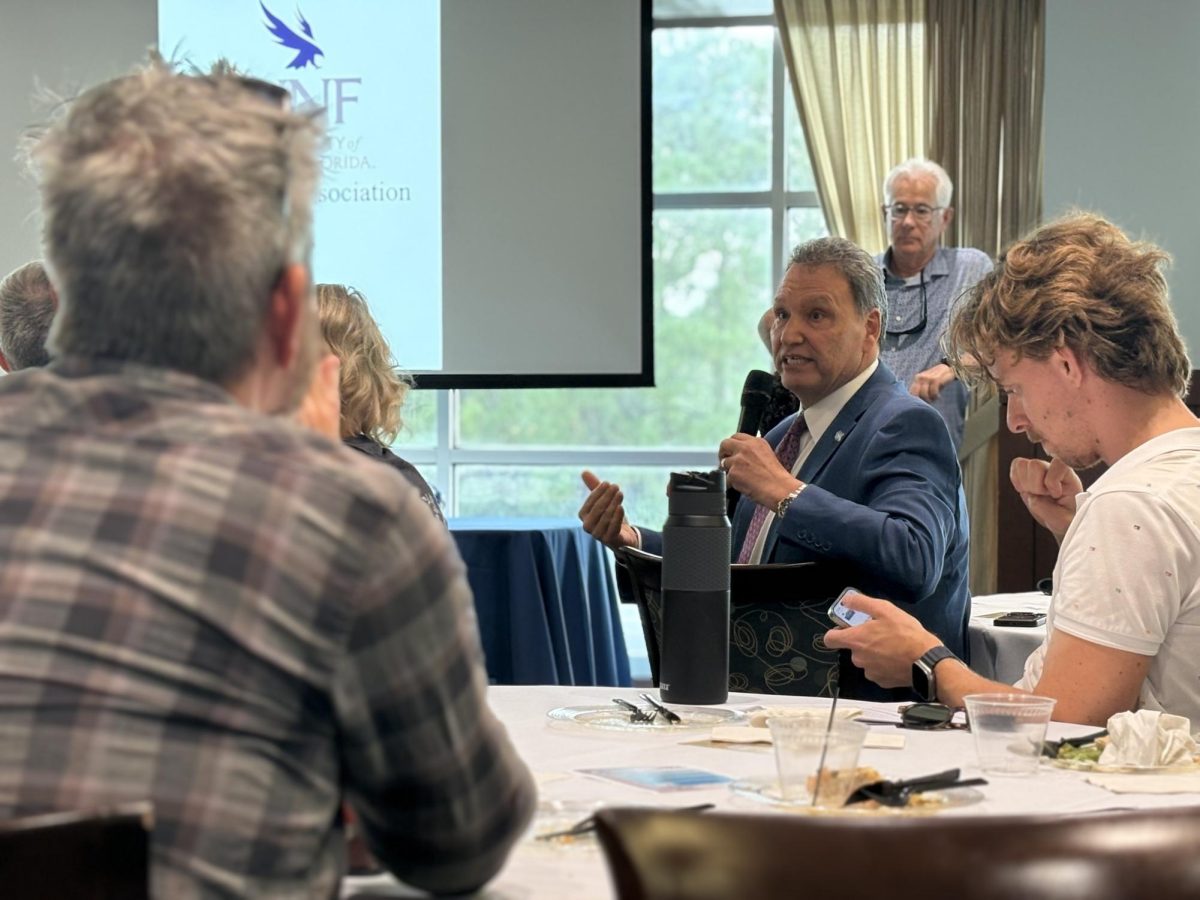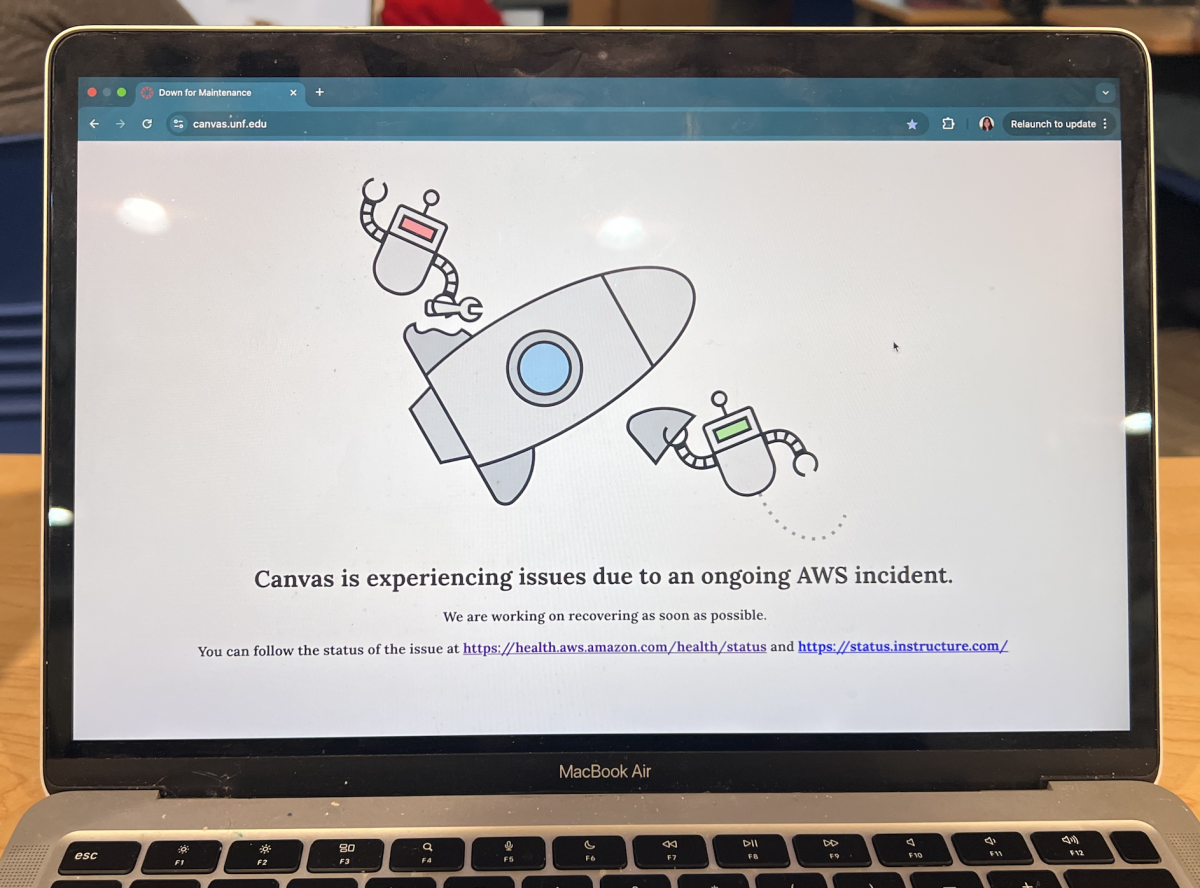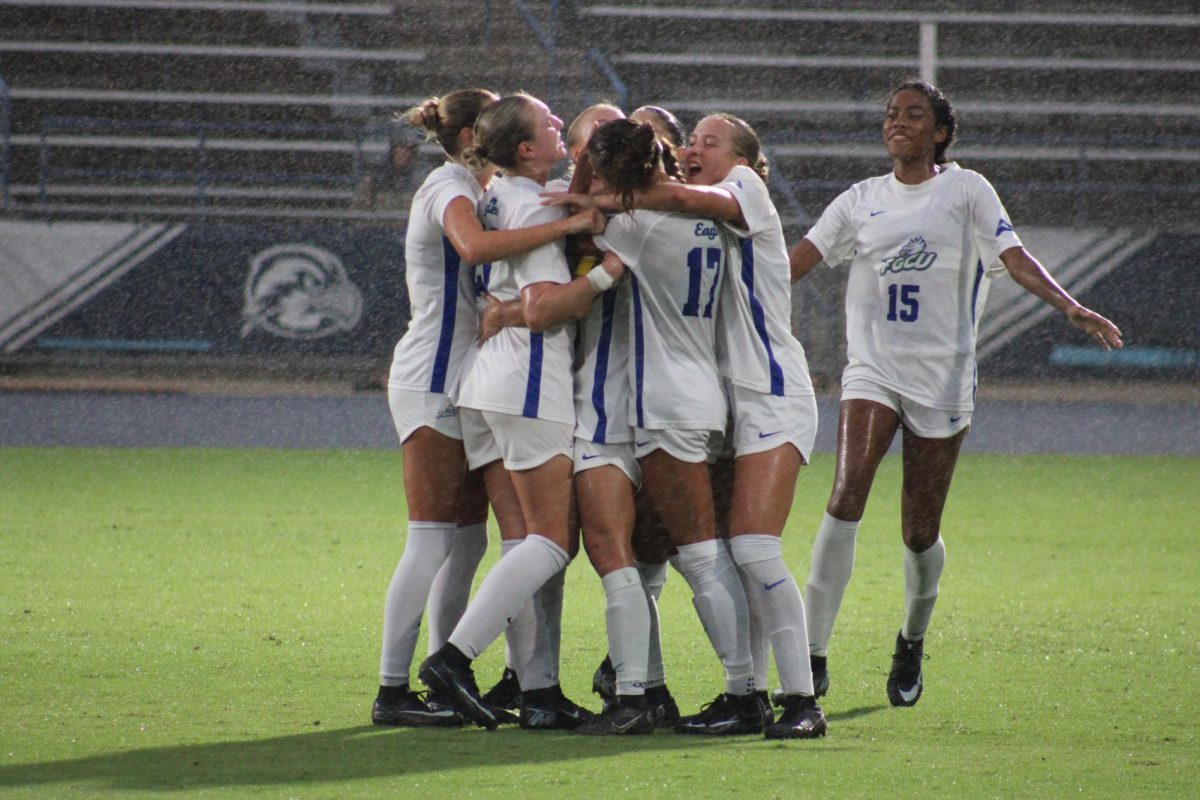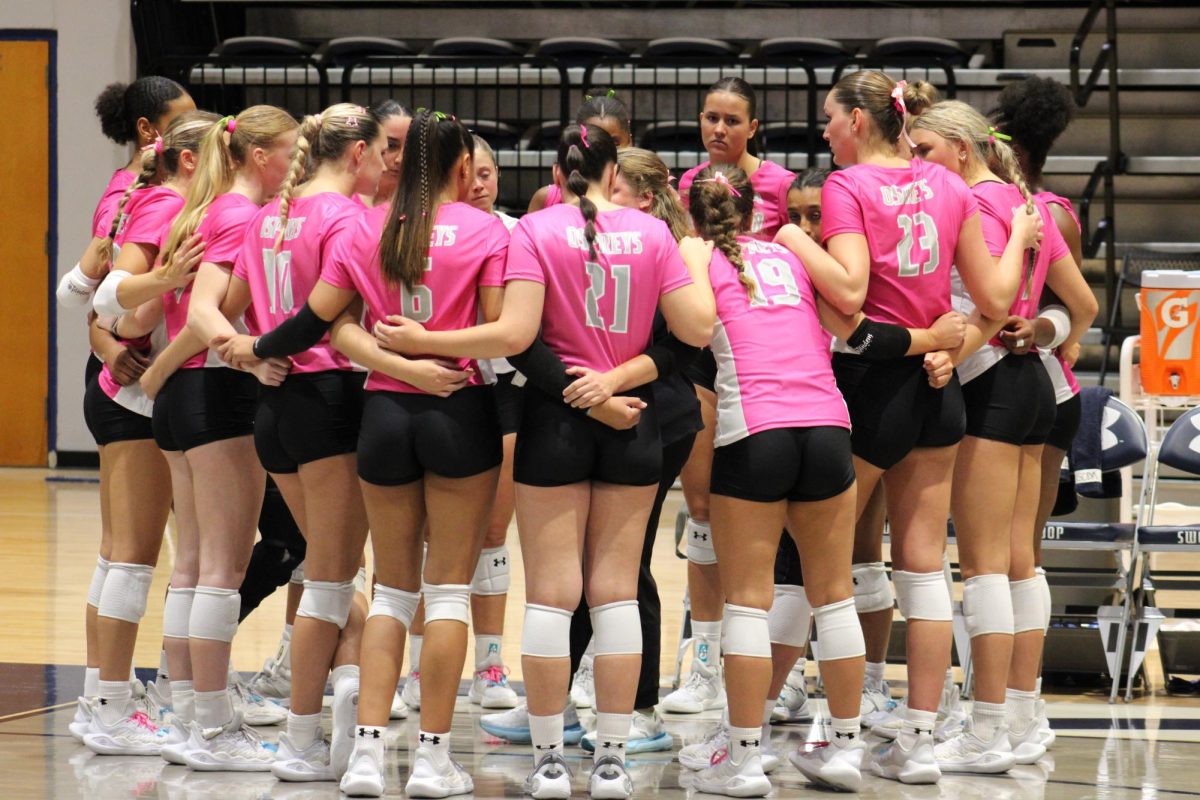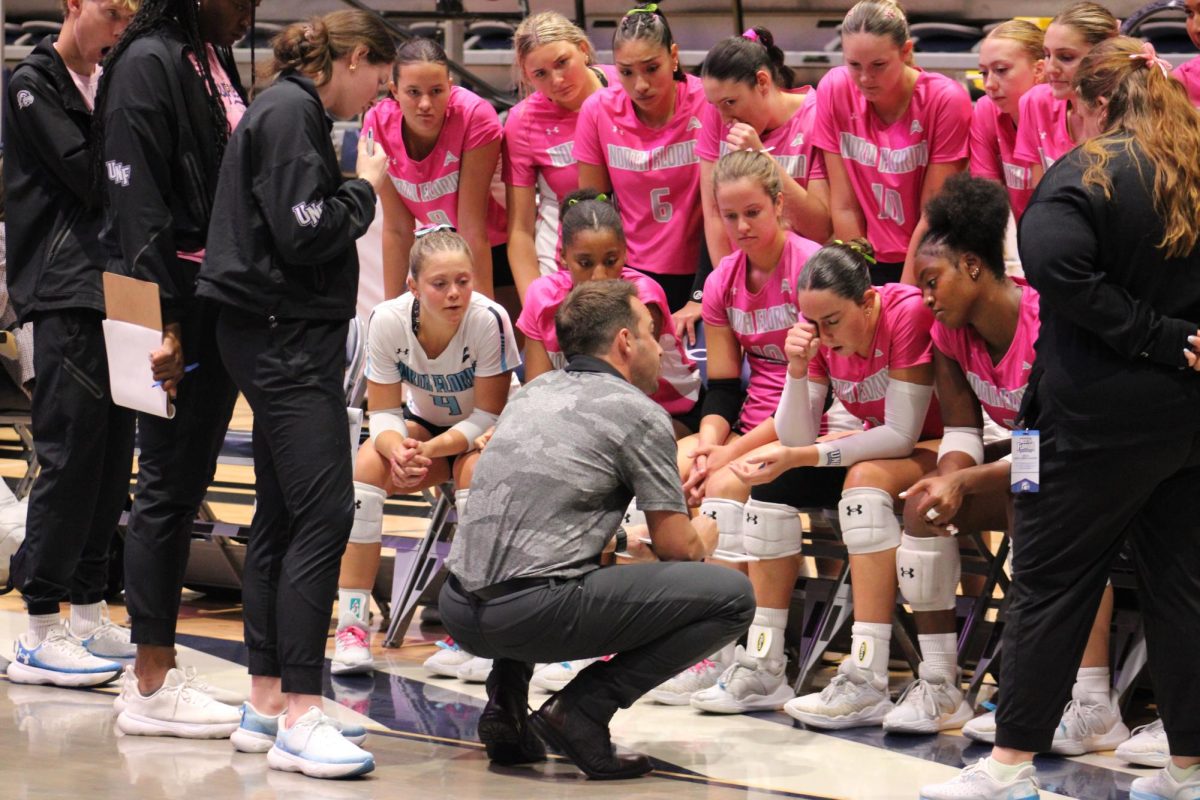The UNF student body president ranks first in total compensation among the 11 public state university student government presidents.
The president receives $21,231.22 per year. The University of Central Florida is a close second, followed by University of South Florida and Florida Atlantic University. The middle-of-the-pack schools include Florida and Florida State.
“I don’t think there is much of a discussion about whether we get paid too much or too little,” UNF Student Body President Matt Brockelman said.
Brockelman makes more in a year serving as student body president than other local leaders with more constituents. Fernandina Beach Mayor Susan Steger makes $12,000 per year. Orange Park Mayor Pete Morgan makes $3,600 per year.
Each Florida university has different compensation packages for the position of student body president. At UNF, for example, the president receives $8.50 per hour for 40 hours a week, 50 weeks a year. This comes to a salary of $17,000. After adding in $246 for the Federal Income Contributions Act tax, paid for by UNF to fund Social Security and medicare, the total amount is $17,246.50.
One presidential benefit is the scholarship. It covers as many as 12 credit hours a semester, equal to just under $2,000. This brings the total amount the UNF SG president can claim to $21,231.22 for the entire year. Brockelman is only taking nine credit hours this semester, slightly decreasing his personal claim.
Other benefits of the job include a cell phone stipend, valued at about $1,000 per year, which the president splits this among the vice president and chief of staff. There is also a parking pass assigned by the University President’s Office because of his position on the Board of Trustees.
By comparison, UNF President John Delaney’s total compensation was $475,000 in September 2010, sixth among the 11 state university presidents according to Florida Gulf Coast University trustees data released two weeks ago. Central Florida’s John Hitt was first at $766,200, and the University of West Florida’s Judy Bense was last at $224,000.
Brockelman, however, believes his pay is fair. He says the job requires more hours than he can claim on a time sheet.
“Halfway through the day last Thursday, I was already at 40 [hours], so for the second half of Thursday and all day Friday, it was basically volunteer work,” he said.
To attract students who might not be financially independent to the president’s office, sufficient compensation is required, according to an email from the UNF Student Government Assistant Director John Simms. The funding for the position is paid for through an activities and services fee included in every students’ bill. In addition to providing services and resources for students throughout the year, activity and service fees also account for the president and vice president’s tuition through activity and service fee-generated interest. The activity and service fees are authorized under Florida Statute 1009.24.
The president’s responsibilities include serving on the UNF Board of Trustees, being the public face of the student body and overseeing the executive branch of SG.
Brockelman said he would never want only students who are wealthy to able to be student body presidents at UNF.
Anthony Reynolds, the University of Florida student body vice president, echoes that sentiment. He said it is a full-time job, and less money could prevent students who could be great leaders from taking the position. Reynolds tries to remind himself of the reason he got into student government in the first place, he said.
“I would love to earn more money,” Reynolds said, “but at the end of the day we have to remind ourselves that we are public servants. In these tough economic times, everyone is cutting back. Everyone has to make a sacrifice. We are not above making those sacrifices as well.”
The UNF student government senate approved raises to the president and vice president’s salary four times since 1996. The president’s salary increased by $4,822.61 for the 1998-99 school year, and the senate approved another significant increase in the 2000-01 school year.
Brockelman and his staff will submit a budget proposal to the senate in December. He said the proposal won’t offer much change to the executive’s current salary.
Due to graduate in spring 2012, Brockelman said there’s a “very remote” chance he would run for re-election because it would require him getting into UNF’s graduate program.
Brockelman, also a former UNF senator, doesn’t recall having a discussion about presidential compensation when it was on the agenda. The compensation is different for each university and not much consideration is given to how the other schools do business, he said.
“For example, if I were to take $3,000 of my own wages and move it to the women’s center, how much of an effect would that have on the individuals of the women’s center compared to the individual that would be student body president in one year?” Brockelman said.
Some smaller schools’ student body presidents make more money than their UF and FSU counterparts.
Reynolds wouldn’t comment on the compensation differential but said each school has its own story. He said he doesn’t think cuts to presidential salaries are the answer.
Reynolds said he can’t take a part time job and still represent the students to the best of his ability.
Changes to the salaries are products of how SG and the universities have evolved over time, Brockelman said.
“It is just one of those things that they adjusted as needed.”





